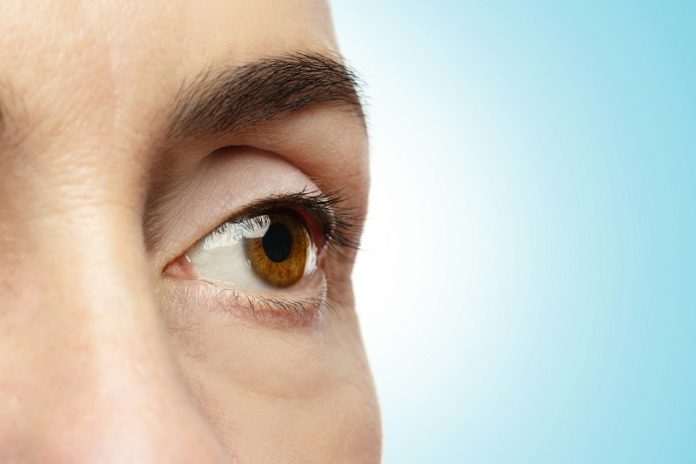
Macular degeneration is a leading cause of vision loss, especially as we age.
This condition affects the macula, the part of the eye responsible for sharp central vision, which you need for activities like reading and recognizing faces.
While it may sound scary, there are proven ways to reduce your risk of developing macular degeneration and protect your eyesight as you age.
Age-related macular degeneration (AMD) comes in two forms: dry and wet. The dry form is more common and progresses slowly, while the wet form is less common but more severe.
Both types share common risk factors, including age, genetics, smoking, poor diet, and exposure to harmful light. Thankfully, research shows that lifestyle changes and specific nutrients can significantly lower your chances of developing AMD.
One of the most powerful ways to protect your eyes is to eat a nutrient-rich diet. Dark leafy greens like spinach, kale, and collard greens are high in lutein and zeaxanthin, two antioxidants that are particularly good for your eyes.
These nutrients filter harmful blue light and protect the macula from damage. Studies have found that people who consume high amounts of lutein and zeaxanthin are less likely to develop AMD. Eggs, corn, and orange peppers are also good sources of these nutrients.
Omega-3 fatty acids, commonly found in fatty fish like salmon, mackerel, and sardines, are another important part of an eye-healthy diet. Research suggests that omega-3s help maintain the structure of your eye’s retina and reduce inflammation, which can contribute to AMD.
If you don’t eat much fish, you can consider taking a fish oil supplement after consulting with a healthcare provider.
Vitamins and minerals also play a critical role. The Age-Related Eye Disease Study (AREDS) found that a specific combination of nutrients, including vitamins C and E, zinc, and beta-carotene, can slow the progression of AMD in people at high risk.
A newer version of the formula, known as AREDS2, replaces beta-carotene with lutein and zeaxanthin, making it safer for smokers and equally effective. Taking an AREDS2 supplement may be worth discussing with your doctor if you’re concerned about macular degeneration.
Avoiding smoking is one of the most impactful steps you can take. Smoking increases your risk of AMD by up to four times and damages the blood vessels in your eyes. Quitting smoking not only benefits your overall health but also significantly reduces your chances of vision problems.
Protecting your eyes from harmful light is another simple but effective strategy. Overexposure to ultraviolet (UV) light from the sun and blue light from screens may contribute to macular damage over time.
Wearing sunglasses with UV protection when you’re outside and using blue-light-blocking filters on your devices can help reduce this risk.
Maintaining a healthy lifestyle is also crucial. Regular exercise improves blood flow to your eyes and helps maintain overall eye health. Keeping your weight in check reduces the risk of high blood pressure and diabetes, both of which are linked to a higher likelihood of AMD.
Finally, getting regular eye exams is essential. Your eye doctor can spot early signs of macular degeneration and recommend appropriate steps to slow its progression. Early detection is key to protecting your vision.
While age and genetics play a role in macular degeneration, your choices matter too. By eating well, avoiding smoking, protecting your eyes, and leading a healthy lifestyle, you can significantly lower your risk of this condition and preserve your vision for years to come.
Taking care of your eyes today can make a big difference in how you see the world tomorrow.
If you care about eye health, please read studies about how vitamin B may help fight vision loss, and MIND diet may reduce risk of vision loss disease.
For more information about eye disease, please see recent studies about how to protect your eyes from glaucoma, and results showing this eye surgery may reduce dementia risk.
Copyright © 2024 Knowridge Science Report. All rights reserved.



